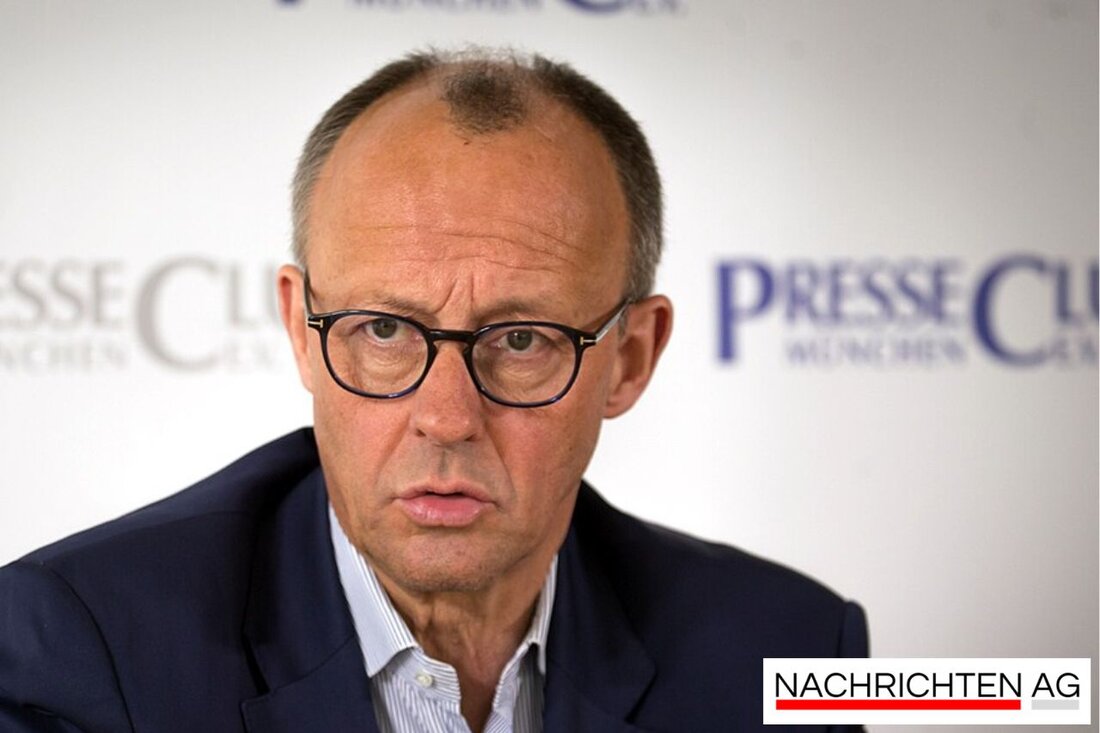Merkel successor Merz announces mega investment package for Germany!
Merkel successor Merz announces mega investment package for Germany!
Deutschland - On May 29, 2025, Chancellor Friedrich Merz (CDU) announced a number of measures to relieve and boost the German economy. The new coalition plans to make the first decisions until the summer vacation that are already perceived as an immediate program in the political discussion. Merz announced that, among other things, better tax depreciation options for investments and measures to reduce bureaucracy are on the agenda. The Federal Government pursues the goal of encouraging companies to invest more in new facilities, which is particularly relevant in the current situation, since many companies reserve with investments.
In order to stimulate investments in Germany, an “investment booster” in the form of a degressive depreciation was announced, which is intended to offer companies. In addition, laws for the implementation of a credit -financed special fund of 500 billion euros are planned for infrastructure and climate protection, as well as an accelerated approval process. The SPD boss Lars Klingbeil and CSU boss Markus Söder also emphasized the need for quick and visible improvements until summer.
Tax reforms and bureaucratic relief
In the discussions about economic reforms, tax reforms also play a central role. The Federal Government plans the introduction of degressive special depreciation of 30% for the period from 2025 to 2027, with a gradual reduction in corporation tax by five percentage points from 2028. This could bring significant tax relief for companies and self -employed. The planned one-stop shop for start-ups within 24 hours is another step to reduce bureaucracy.
An important part of the new coalition agreement is the creation of the Germany fund, which is intended to mobilize up to 100 billion euros for investments. The aim is to enable start-ups in particular better financing. In addition, the digital transformation in administrative action is advanced, for example through the "once-only principle", which is intended to significantly simplify the completion of formalities.
economic framework and outlook
All of these measures are against the background that the German economy hardly grows despite the ongoing political engagement. The gross domestic product has only been stagnating since 2019 and the tax rate was around 23 percent in 2023. However, parties have different approaches to tax policy to support the economy and maintain tax revenue. Taxes also represent a question of justice that is hotly debated in the current political discourse before the Bundestag election on February 23, 2024.
The tax reform plans of the parties, including measures to reduce income and corporate taxes, could significantly influence the financial burdens for millions of people. While CDU/CSU and FDP argue that tax cuts promote economic growth, SPD and Greens rely on tax measures to support investments.
In view of the existing challenges and the need to adapt the tax system to the needs of companies and citizens even in times of crisis, it remains to be seen how well the coalition government can implement its ambitious plans.Overall, the federal government's plans show that it is willing to start a comprehensive reform process that addresses both economic and social aspects. Only time will show whether these measures will have the hoped -for positive effects on the German economy.
For more information on the current political developments, please visit The Süddeutsche Zeitung , it media law and Federal Center for Political Education .
| Details | |
|---|---|
| Ort | Deutschland |
| Quellen | |


Kommentare (0)